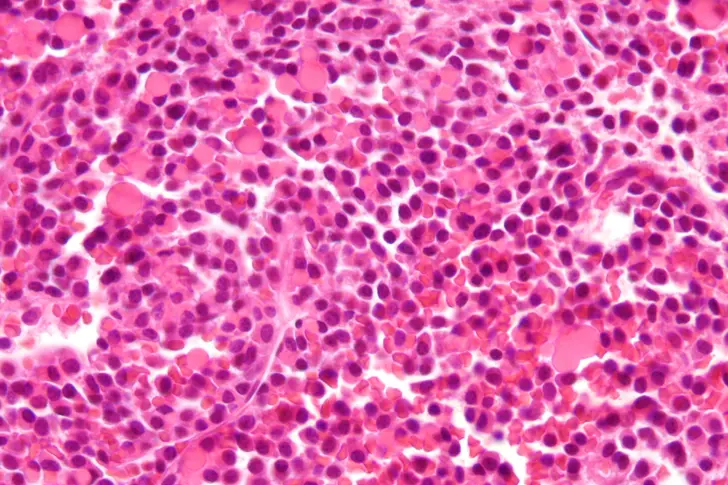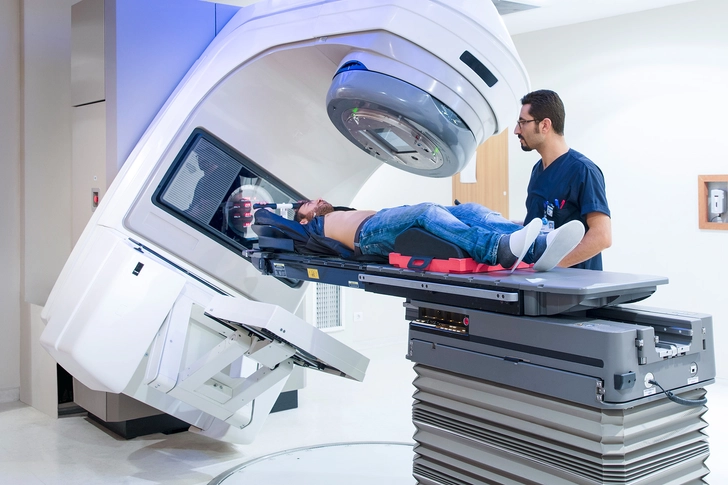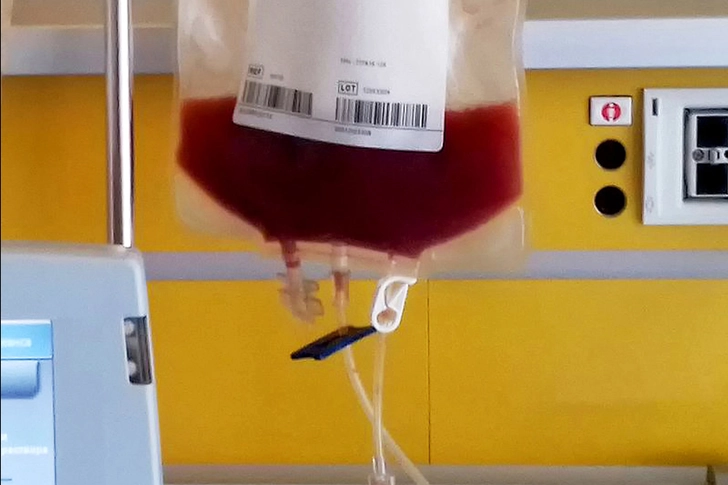Key Questions: 10 Things to Ask Yourself Before Choosing a Treatment Plan for Multiple Myeloma


What Should You Know About Your Multiple Myeloma?
Multiple myeloma is cancer of the plasma cells in your blood. There's no cure for multiple myeloma, but there are a wide variety of treatments available. Before you can evaluate what treatment may be best for you, you'll need to know how advanced your case is, if it has spread, and where it's located. Ask your doctor to explain anything you don't understand about your diagnosis.

Who Should You See to Treat Your Multiple Myeloma?
There are physicians who specialize in treating multiple myeloma. However, there may not be a specialist in your area, and there are many types of doctors who treat multiple myeloma, including:
- Bone marrow transplant specialists
- Radiation oncologists
- Orthopedic surgeons
- Medical oncologists

How Experienced Is Your Doctor?
Even if your doctor doesn't specialize in treating multiple myeloma, you'll want to see someone who treats it frequently. Ask your doctor how many patients they treat with multiple myeloma. You should be able to find one who focuses on treating it.

What Are Your Choices?
Some cases of multiple myeloma may not need treatment at all. Instead, your doctor may just monitor your progress. Other cases may need immediate treatment. There are local treatments that treat just the tumor, and there are systemic treatments that can treat cancer anywhere in your body. Make sure you understand all of your options.

What Are the Chances the Cancer Will Recur Following This Treatment?
Most people with multiple myeloma will experience periods of remission, when it responds to treatment, and periods of relapse. This usually happens several times over the course of the illness. Ask your doctor what your chances are of relapsing with the treatment you are considering.

Are There Complementary or Alternative Treatments That May Help?
Complementary treatments are used alongside your regular medical care, while alternative treatments are used instead of your doctor's care. If you hear about a complementary or alternative treatment, discuss it with your doctor before you try it. Many of these have not been proven effective and may even be harmful.

What Should You Do If This Treatment Isn't Effective?
After your frontline treatment, your healthcare provider will assess your progress to determine if it was effective. Depending on the outcome, you may need maintenance therapy, or you may need a different approach. Discuss what the next steps are if this treatment doesn't work with your doctor.

What Are the Side Effects of This Treatment?
When you're discussing treatment with your doctor, ask about the side effects and risks associated with it. This will help you make an informed decision about whether the treatment is worth pursuing. Also ask if there's anything you can do to reduce the risk of side effects.

Are You Healthy Enough for a Stem Cell Transplant?
The most effective treatment for multiple myeloma in fit people is an autologous stem cell transplant, also called a bone marrow transplant. It's a combination of high-dose chemotherapy and the replacement of stem cells. It's a difficult and intensive procedure, though. If you are older, in poor health, or have other diseases, it may not be a good option for you.

What Does Your Doctor Recommend?
After you discuss your treatment options with your doctor, ask what they recommend and why. Ultimately, you'll have to make the decision, but having the input of a trusted caregiver can help you decide what's best for you based on your individual circumstances.
Photo Credits:
1. Nephron / Wikipedia
2. Thomas Barwick / Getty Images
3. RunPhoto / Getty Images
4. Thir Sakdi Phu Cxm / EyeEm / Getty Images
5. Bunlue Nantaprom / EyeEm / Getty Images
6. Science Photo Library - ADAM GAULT / Getty Images
7. JazzIRT / Getty Images
8. SimpleImages / Getty Images
9. Fnaq / Wikimedia Commons
10. Solskin / Getty Images
SOURCES:
Mayo Clinic: "Multiple myeloma."
American Cancer Society: "Treating Multiple Myeloma."
International Myeloma Foundation: "FAQ."
International Myeloma Foundation: "Role of Transplant."